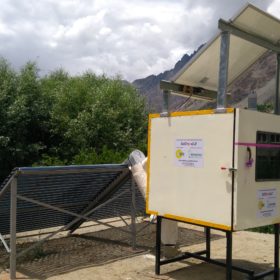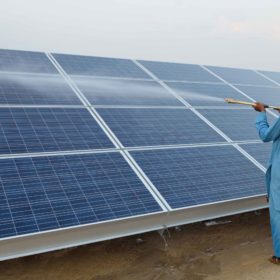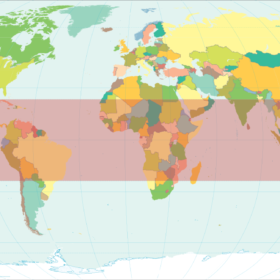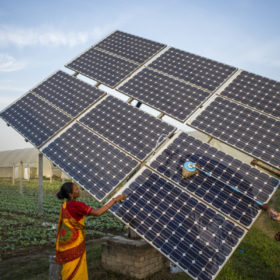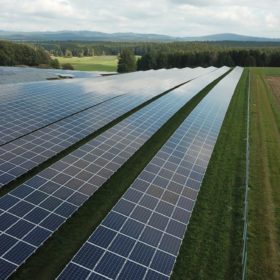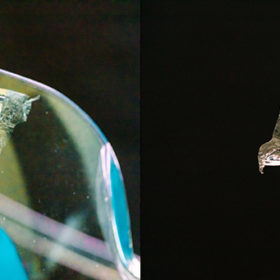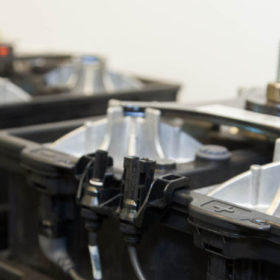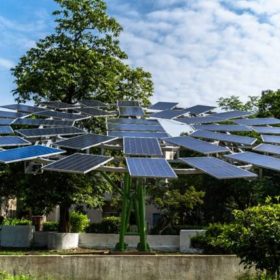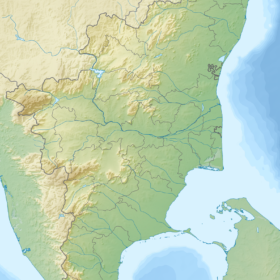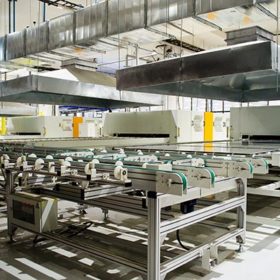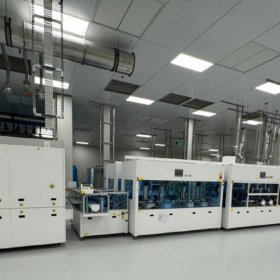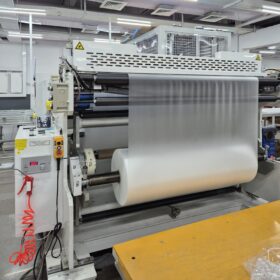CSIR-CMERI Durgapur, NISE sign pact on solar research and capacity building
The CSIR-Central Mechanical Engineering Research Institute (CMERI), Durgapur, which has expertise in the design and development of solar artifacts for multifaceted uses, and the National Institute of Solar Energy (NISE), Gurugram, will conduct joint field studies for different solar technologies and work towards skill and capacity building.
Machine-learning for PV module cleaning
French researchers have developed a machine-learning model to clean low-power PV projects and standalone solar arrays in rural areas isolated from the grid.
Over 26,000 register for World Solar Technology Summit tomorrow
The Summit will see the signing of four partnership agreements, including one between India’s Ministry of New and Renewable Energy, World Bank, and International Solar Alliance.
CEL tenders distributed solar on farmland in Rajasthan
Central Electronics Limited has invited bids to install distributed, grid-connected PV systems for solarization of existing agriculture pumps in Tonk district. Bidding closes on September 19.
Macquarie selects Prescinto’s IIOT platform to oversee Indian solar assets
The Australia-based global investor—which has over 408 MW of operational solar fleet in India—will use the cloud-based, hardware-agnostic platform to gain insights in real time and improve its 21 solar projects’ performance.
A solar cell so thin, it can rest on a soap bubble
Scientists at Saudia Arabia’s King Abdullah University of Science and Technology demonstrated an organic PV cell that can simply be printed onto a piece of paper. The cell set a new efficiency record for a fully inkjet-printed device, and its designers envisage applications in integrated medical sensors.
C-MET seeks co-funding partner for lithium and sodium-ion battery cell manufacturing
The selected party will provide funding support of Rs 4 crore by way of design and development of machinery for lithium- and sodium-ion battery cell manufacturing. September 30 is the deadline to submit the interest.
CSIR-CMERI installs world’s largest solar tree
The Internet of Things (IOT)-enabled solar tree—using 35 solar PV panels with a 330 Wp capacity each—is especially useful for the agricultural community in providing electricity for high-capacity water pumps, e-tractors and e-power tillers. It can also allow precision agriculture through IoT-enabled features such as real-time humidity, wind speed, rainfall prediction, and soil health monitoring.
Madurai Kamaraj University to get 1 MW ground-mounted solar plant
The National Institute of Wind Energy has invited bids to install and commission a 1 MW (AC) grid-connected solar power plant at Madurai Kamaraj University in the Madurai district of Tamil Nadu. Bidding closes on September 17.
Scaling up solar manufacturing in India
A new study by CEEW Centre for Energy Finance assesses the competitive advantage that China has over India and presents a suite of short-term and long-term interventions required for a globally competitive solar manufacturing sector in India.
